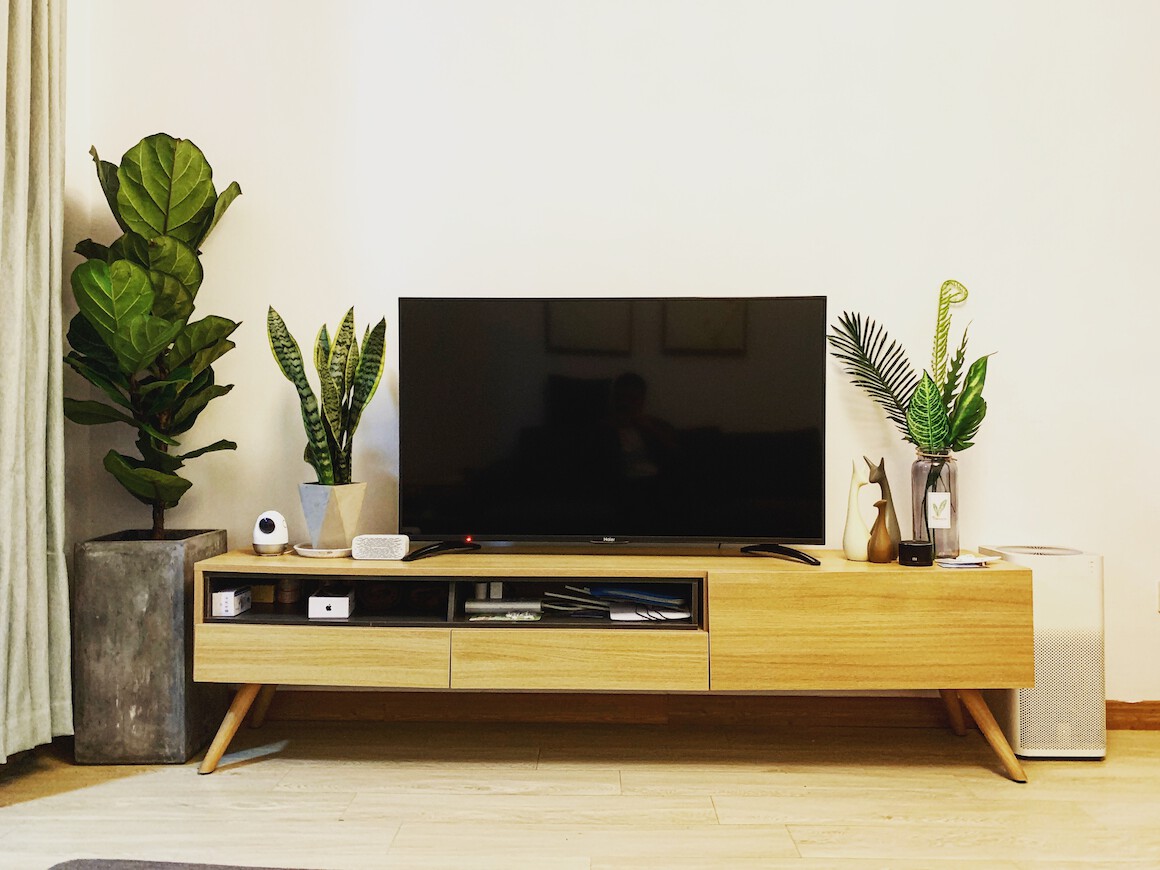The Dutch Competition Authority (‘ACM’) published on 12 September 2023 that on 11 July 2023 it imposed a fine of almost 8 million EUR on LG Electronics Benelux Sales (‘LG’) for violation of the cartel prohibition.
From January 2015 through December 2018 LG allegedly illegally influenced the online sales prices of television sets of seven large retailers.
Systematic price coordination disguised as price recommendation
As summarized at the start of the fine decision the communication between the employees of LG and the seven retailers shows that LG actively influenced the online retail prices. LG provided price recommendations to the retailers which can be permitted under certain circumstances. However, when LG noticed that the price of the retailers deviated too far from LG’s desired price, it contacted the retailers and urged them to increase their prices.
When retailers complained about the pricing of LG television sets by other retailers, LG would follow up on such complaints by contacting the retailers in question, and asking them to adjust their price to the desired level. LG subsequently reported back to the retailer that had filed the complaint. On other occasions, LG even specifically addressed their commercial policies to ensure that the retail price was as desired by LG.
On the basis of these communications, which took place via e-mail and WhatsApp, retailers were, according to the ACM, able to trust that they would not price themselves out of the market if they set their prices at the levels desired by LG. Through these behaviors LG coordinated the level of the retail price and tried to prevent price declines.
Martijn Snoep, Chairman of the Board of the ACM, explains as follows:
“Under the pretense of ‘price recommendations’, LG coordinated price increases of retailers to the recommended price that LG provided. LG’s practices disrupted competition between the retailers, and that resulted in higher prices for consumers.”
LG disagrees
According to LG, it merely gave retailers advice, and did not pressurize anyone nor did it create any incentives to adjust the prices to the recommended prices. LG said that the communication with the retailers should be seen as simple negotiations about the retail price, which is legitimate under normal circumstances. Moreover, LG also claimed that the communication was too incidental to define the conduct as continuous. Furthermore, LG claimed it always made clear that retailers were completely free to set their own prices, and that it never forced retailers to charge its recommended resale prices. Therefore, LG asserts its practices do not violate the cartel prohibition. Not surprisingly, LG already announced that it will appeal the decision and said that they believe that their commercial activities in the Dutch market are in full compliance with national and European legislation.
Commentary
The fine imposed on LG is the second tangible result of the investigation by the ACM launched in December 2018 into resale price maintenance (RPM) of consumer goods by manufacturers and online and offline shops. Almost two years ago, in a similar case, a 39 million EUR fine was imposed on Samsung for the same reasons. After years of a rather relaxed stance on the part of the ACM, this investigation was the starting signal for the stricter enforcement line with regard to vertical violations as announced by Snoep in 2018. It seems only a matter of time before more vertical sanction decisions will follow.
Then the decision itself. This time the ACM explicitly refers to the communication of LG and its retailers as illegal price-fixing agreements, whereas in the earlier mentioned Samsung case the ACM referred to the conduct as price coordination. As both cases are in essence about the same conduct, it therefore seems as if the ACM wants to make it clear that this conduct is illegal. It is further notable that only LG was fined and not the retailers involved in the conduct, this while - according to the information now available - the fined conduct was partly hub-and-spoke in nature. The retailers asked LG about prices of other retailers and whether they ‘could’ also adjust their prices.





Sign in to post comments